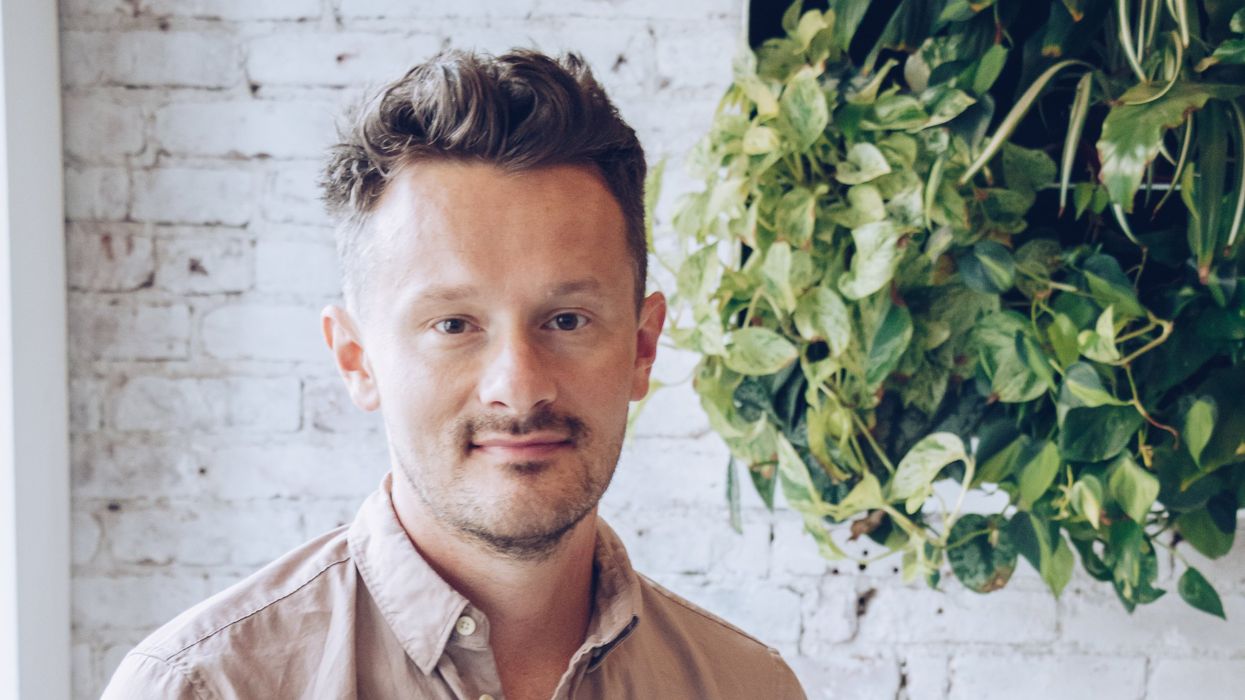How connected are the gut and brain? Functional medicine practitioner Dr. Will Cole explores the gut-brain relationship in his new book "Gut Feelings," and his findings might surprise you.
Advocate Now | Dr. Will Cole on the Gut-Brain Connection

Cole started one of the first functional medicine telehealth centers in the world over 13 years ago. Functional medicine is a practice that determines how and why illness occurs, and focuses on addressing the root cause of conditions in patients.
"My main focus is really figuring out complex health issues with people that are going through brain health issues — like anxiety, like depression, like fatigue, hormonal problems, autoimmune problems, digestive problems," he tells Sonia Baghdady of Advocate Now, adding, "Mental health is physical health and we need to really make that connection to heal."
Cole says that both functional and conventional medicine are necessary for treatment, and that it should be a "both/and conversation, not an either/or."
"Some people need to be on medications, that are alive because of medications. We just ask the question, in functional medicine, what's your most effective option that causes you the least amount of side effects?" he says, continuing, "What are the underlying reasons of why you have the problem in the first place?"
He adds, "For some people, medications fit that criteria, certainly, but many people that isn't the most effective option. But yet it's the only option given."
Cole's new book Gut Feelings explores the link between the gut and the brain, as he says they are formed from the same tissue in the womb, and maintain their link even after fully developing. According to Cole, 95 percent of serotonin — or the "happy neurotransmitter" — is made in the gut. 50 percent of dopamine is also made and stored in the gut.
"There's so many reasons why the gut is known in the research as the second brain," he explains, as it influences "the way the brain is expressed — impacting our mood, impacting our energy levels, impacting hormone health, impacting cravings of the foods that we crave."
Cole shares that it's important to take inventory of what foods "love us back" and "don't love us back," saying "every food we eat raises inflammation or lowers it."
While certain foods reduce inflammation and lead to a healthier life, Cole shares that mental stress and trauma are not so easily reduced. To Cole, treatment lies in "training our nervous system and our our body to be more resilient when it comes to the external world or stress."
"We're all different," he says. "It's bio individuality, and there's not going to be a cookie cutter, one size fits all approach to getting well."
For more interviews like these, watch Advocate Now on The Advocate Channel.
- Ed Sheeran Opens Up About Eating Disorder and Depression in Men ›
- Keep Diet Culture Out of Girl Scout Cookie Season, Doctor Says ›


















































